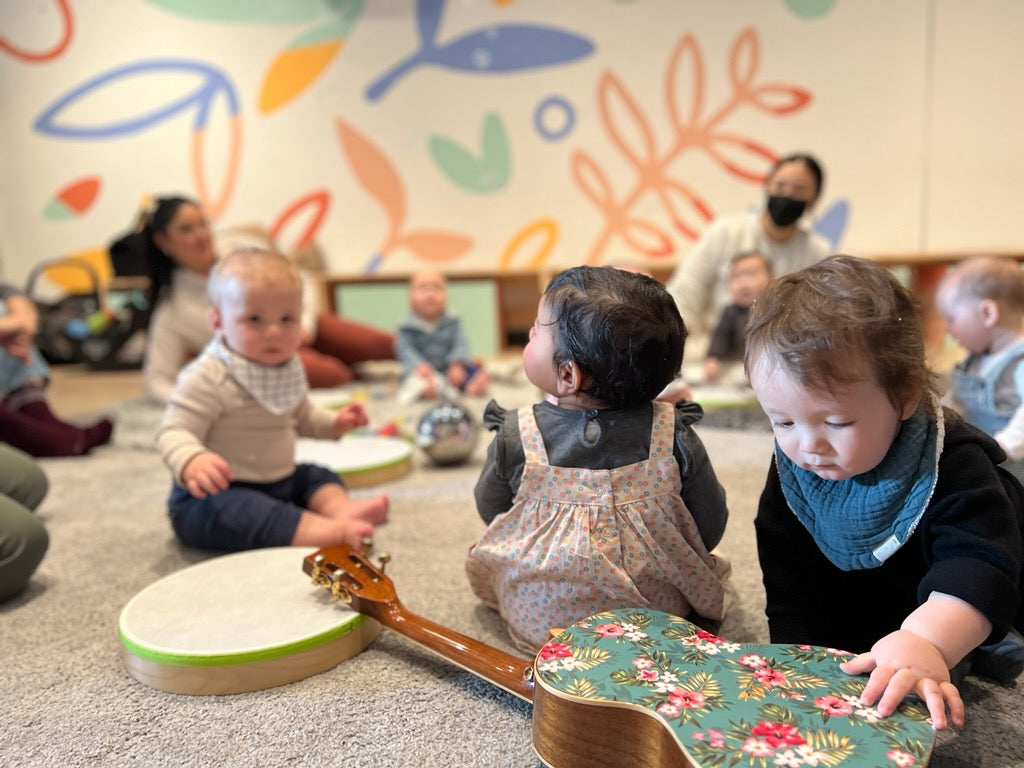Postpartum Depletion and Healing from conception through to postpartum

Emma from Broodcare joined us last week to talk about Postpartum depletion, essentially looking at your life and the cycle of conception through the first year postpartum. For many people that can have included infertility and pregnancy losses prior to conception. All of that impacts you and your physical health, emotional health and mental wellbeing. Looking at you as a person holistically from conception through pregnancy, birth and postpartum, those are a lot of things to heal from and integrate.
Depletion usually shows up as pain in your body or deficiency. Perhaps your skin has changed, psoriasis may show up or sensitivity to the sun. These are signs of something being out of balance in your body from the year long experience of pregnancy and postpartum. Your bones and ligaments have shifted and might never go back to the same as they were pre-pregnancy. Your clothes may fit differently, even if your weight is the same as it was. The way your body interacts with movement and exercise will be different. This is all normal and to be expected with all the changes you have been through.
Why? Your hormones have gone through massive fluctuations between conception, pregnancy, birth and breastfeeding. As well, three days after birth your hormone levels drop to the lowest they will be until menopause. They will re-regulate throughout the first year postpartum. This is one of the main reasons postpartum depletion happens; that you're feeling pain, "brain fog" and all these other symptoms. There are literally changes in your vascular system, endocrine system, glandular system, skeletal and muscular systems. Often you will have vitamin and mineral deficiencies due to supplying your baby with nutrients.
Emma recommends getting a compete blood work panel done to find out what any big deficiencies might be and guide to what specific supplements you might need.
As a parent your time and energy for yourself is limited and getting started on improving your health can feel like one more impossible thing to fit in to your life. Start by focusing on your one priority, is it your mental health? movement? balancing your hormones? and start there. Don't try tackling everything at once. Then try to break it down further. Who can help you to help yourself? Is there someone who can help with your kids for an hour while you get your blood work done or get in an hour of movement. Do you need an accountability buddy who you check in with when you need to get something done? If you need to find a practitioner go to the people who you've trusted throughout your birthing journey so far: your midwife, your doula, your friends with kids, etc. Try to be specific with what you ask for from the people in your community. People will say "What can I do?" but they need to know "I need you to watch my baby, or I need you to check in with me on this date to make sure I got my blood work done."
Parents say I don't know how to weave all of the things into my day that I know I should be doing like breath work, exercise, etc. Women/feminized people are generally told not to prioritize themselves and then when you have a baby it is very easy not to. It makes it hard to find the time when there's always something else that needs to be done. And then there can also be guilt that if you're getting the laundry done you haven't been playing with your baby or if you want time with your immediate family that you haven't let your in-laws see the baby enough. Things to feel guilty about can be never ending. Recognizing this societal pressure can help with the guilt that might come from tending to yourself before the laundry!
Everyone is striving for something that is literally impossible so go easy on yourself. That is why a safe shared space to talk is so important. No one is doing it all and that fact that you are trying to do it all and not succeeding does not mean you are doing this parenting thing wrong! Sharing your struggles with your community gives everyone more realistic expectations, which can decrease the stress of even the most challenging situations.
Contributed by Shauna Farrell
